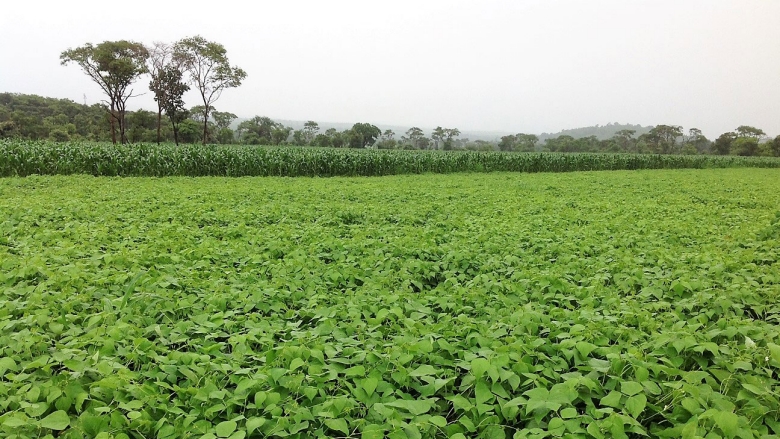On the back of a season of good rainfall, Zimbabwe is expecting a bumper harvest, signaling a recovery of the agricultural sector in 2017 after a knock from the previous year’s El Nino-induced drought. Aside from the drought, the fundamentals for growth remain strong in the sector, as noted by the recently released 2017 Enabling the Business of Agriculture (EBA) Report.
The report seeks to improve public understanding of the business environment for agriculture in order to help governments establish the right sort of regulatory systems for farming, and ensure the safety and quality of agricultural goods and services in a cost effective way. The 2017 EBA ranks Zimbabwe as number 15 in the three areas of seed regulation, namely plant breeding, variety registration, and seed quality control.
“As someone in the seed sector, I am very happy with the findings of the report,” said Dean Muungani, Group Product Development Manager of Seed Co. Zimbabwe. “We have lots of room to grow as a country and to improve the framework for seed variety registration.” Seed Co. is a leading producer and marketer of certified crop seeds in Southern Africa with a footprint in 15 African countries.
The country recorded varying scores in other EBA indicators, ranking 29 in fertilizer, 20 in agricultural machinery, 29 in transport, 31 in water, and 52 in ICT.
A World Bank initiative, since 2013 the EBA has collected data on laws and regulations that make an impact on the agricultural business environment. The report covers 12 areas, including regulation for seed, fertilizer, machinery, water, finance, markets, transport, and information and communication technology.
Agriculture was once key to Zimbabwe’s economy, but its contribution has dwindled to about 13%. Given Zimbabwe’s potential and the contribution of agriculture to any GDP, however, policies and support services can help agricultural entrepreneurship, increase investment, and improve market competitiveness.
Zimbabwe is ranked lower on the finance indicator, at 49, and 42 on the markets indicator. The finance indicator looks at branchless banking, movable collateral, and non-bank lending institutions, while the markets indicator looks at producer organizations, plant protection, and agricultural trade.
“I would like to see my mushroom business grow into a large entity, but I face challenges in scaling up, as money is hard to come by these days. Accessing finance has proved difficult for me without collateral,” said Busi Gomes, a farmer in Harare, Zimbabwe’s capital.
Nurturing micro-agribusiness
These same sentiments were echoed in discussions at the launch of the report, including the requirement that micro institutions must renew their licenses annually, constraining their ability to raise capital and, in turn, reducing the financing they can provide to farmers.
The Reserve Bank of Zimbabwe is working on a host of reforms to address these challenges, though. The reforms include the implementation of the National Financial Inclusion Strategy that will promote branchless banking, establish a credit guarantee scheme, and legislate in favor of the use of moveable assets as security for accessing loans.
These reforms are expected to stimulate private sector activity and support agricultural value chains.
The EBA report is part of the work being done under the Agricultural Component of the Business Environment Financial Sector Investment Policy (BEFSIP). This US$3.2 million Technical Assistance (TA) program aims to improve the business climate for the private sector, especially for microenterprises, small and medium enterprises, and agricultural small holders, by reducing the time and cost of doing business. It is one of eight projects implemented under the Zimbabwe Reconstruction Fund.
More data will be made available when the Bank’s Agricultural Productivity Module survey, underway in the country, is completed. The survey collects detailed information on agricultural productivity for use in providing estimates, including land size management, plot or farm level and disposition sales, own consumption, payments for inputs, and post-harvest losses.
“The module will provide data that enable an assessment of the most important constraints for raising smallholder productivity and options for addressing those constraints,” said Rob Swinkles, Senior Economist from the Bank’s Poverty and Equity Global Practice. The data will also be used to link agricultural indicators to other aspects of household livelihoods, such as poverty and food security.

